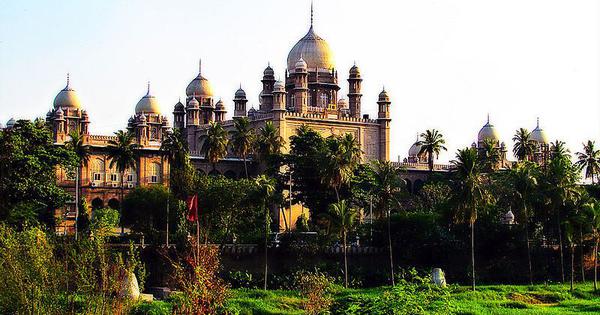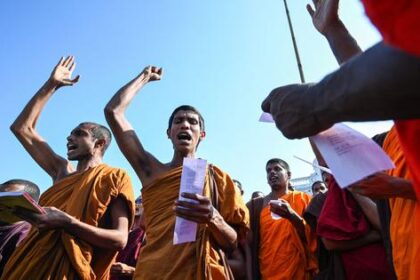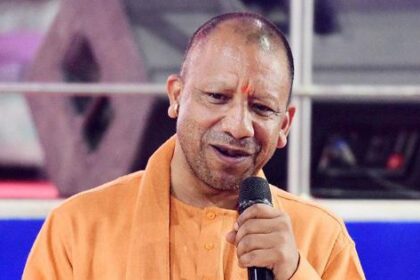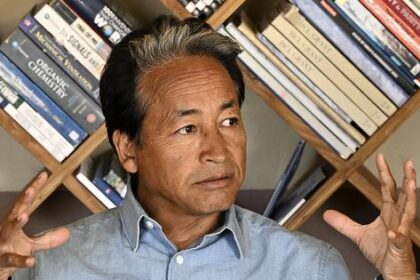Court orders state to respond to petitions challenging increased reservations for Other Backward Classes in local body polls.
The Telangana High Court has issued a stay on a recent state government order that aimed to increase the reservation for Other Backward Classes (OBCs) in the upcoming local body elections to 42%. This decision was reported by Live Law and marks a significant development in the ongoing discussions surrounding reservation policies in the state.
A division bench consisting of Chief Justice AP Singh and GM Mohiuddin has directed the Congress-led government in Telangana to submit a counter affidavit within four weeks. The court has also granted the petitioners a period of two weeks to file their objections following the government’s response. The case has been scheduled for further hearings six weeks from now.
The local body elections in Telangana are set to occur in three phases on October 31, November 4, and November 8, while the polls for the Mandal Parishad Territorial Constituency and Zilla Parishad Territorial Constituency are scheduled for October 23 and 27, respectively. The stay on the order comes more than a month after the state government passed the 2025 Telangana Municipalities Third Amendment Bill and the 2025 Telangana Panchayat Raj Third Amendment Act on August 31, aiming to lift the previous 50% ceiling on caste-based reservations in local bodies.
These amendments are currently awaiting the governor’s assent. The changes made provisions for a 42% reservation for OBCs in local body polls and removed the earlier 50% ceiling established by the Supreme Court in 1992, effectively increasing the total quotas for Scheduled Castes, Scheduled Tribes, and OBCs in Telangana to 67%.
On September 26, the state government issued an order implementing the 42% reservation for OBCs in various local body positions. This decision has faced legal challenges, with seven petitions filed in the High Court contesting the increase in reservations. Senior counsel B Mayur Reddy, representing one of the petitioners, argued that the orders contravened two established laws.
The first law cited was established by the Supreme Court under Article 142 of the Constitution in the K Krishna Murthy vs Union of India case. This article grants the Supreme Court the authority to issue orders deemed necessary for complete justice. In 2010, the Supreme Court upheld the constitutional validity of OBC reservations in local body elections but mandated a “triple test” for their implementation. This test requires state governments to conduct empirical inquiries, determine proportional reservations based on findings, and ensure total reservations do not exceed 50%.
The second law mentioned by Reddy was the statutory bar set by Section 285A of the 2018 Telangana Panchayat Raj Act, which prohibits exceeding the 50% reservation limit for OBCs and other categories in local body elections. Although the state Assembly had passed an amendment to this Act on August 31, it remains pending the governor’s approval.
During the hearings, senior counsel K Vivek Reddy, representing another petitioner, argued that the state government’s actions were unconstitutional since the amendment was still awaiting assent. He emphasized that local body elections should not proceed until the mandated “triple test” had been fulfilled. Meanwhile, advocate Abhishek Manu Singhvi, representing the Telangana government, defended the increase in reservations as a welfare measure and claimed that the amendment should be treated as having received “deemed assent” despite the pending approval.
The High Court proceedings follow a recent Supreme Court decision not to entertain a petition challenging the government’s order on increased reservations for OBCs in local bodies. In February, the Telangana government conducted a caste survey revealing that Backward Classes make up 56.3% of the state’s population, which includes various Muslim caste groups, and provides a complex demographic backdrop to the current legal and political discussions surrounding the issue of reservations.








